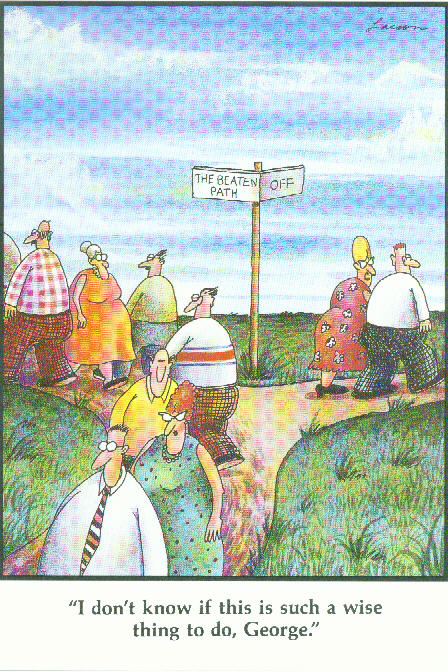
While in Florida we reside in a 55+ mobile home park ( not to be confused with trailer park). During the end of year holidays, families come to visit and young faces brighten up things. In particular there is one couple’s granddaughters that we have gotten to know. Last year I was able to convert the oldest, Hayden (3) as an Alabama football fan. She faithfully yelled “Roll Tide” each time she passed our house on her Papa’s golf cart. Her sister, Dilly (2) not so much.
This year, to my surprise Hayden greeted me with a rousing, “Roll Tide”. Dilly, now three years old, is on board, “Roll Tide” each time she comes by.
Of course Alabama’s loss to Georgia was a problem. I am currently teaching Hayden and Dilly to say “SEC! SEC!” but thankfully they persist with “Roll Tide”. Hayden knew that I would be sad and drew me a picture to cheer me up. She also gave Ann an early birthday gift she made because she won’t be here on Ann’s birthday.
Hayden and Dilly are the first fulfillments of my New Years’ resolution to take each day “off Road”. I am grateful for them and the joy they have brought us.
Still on the Journey